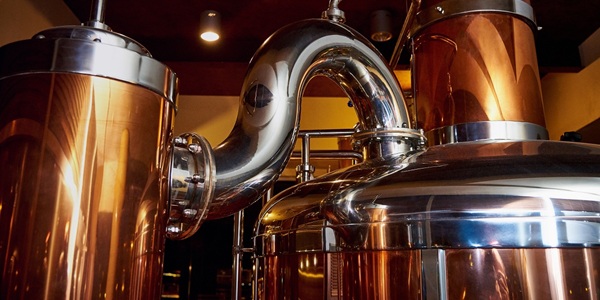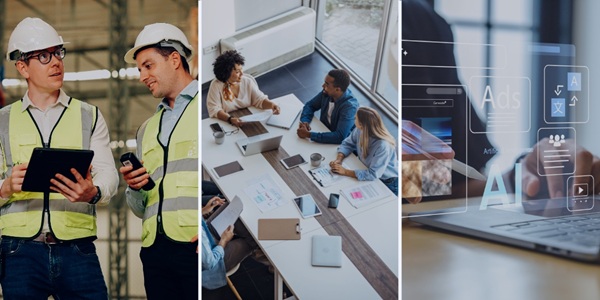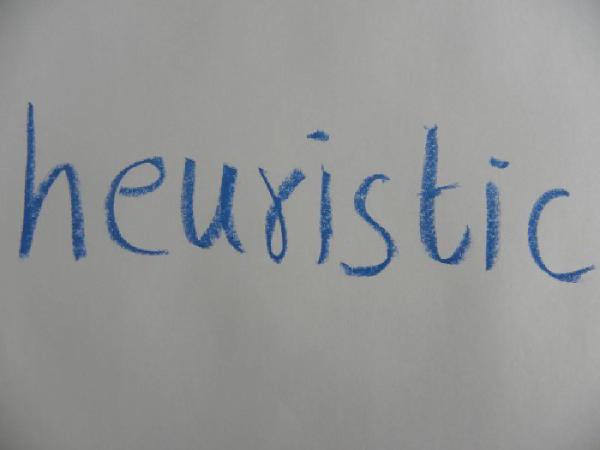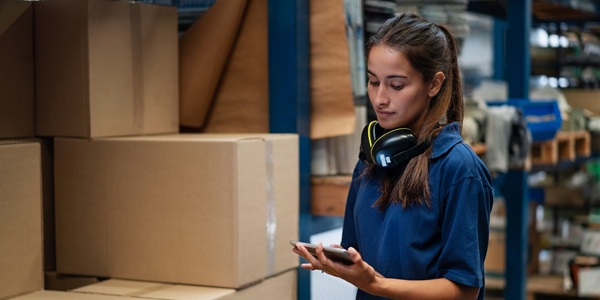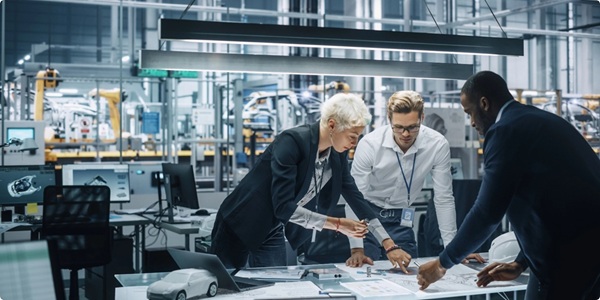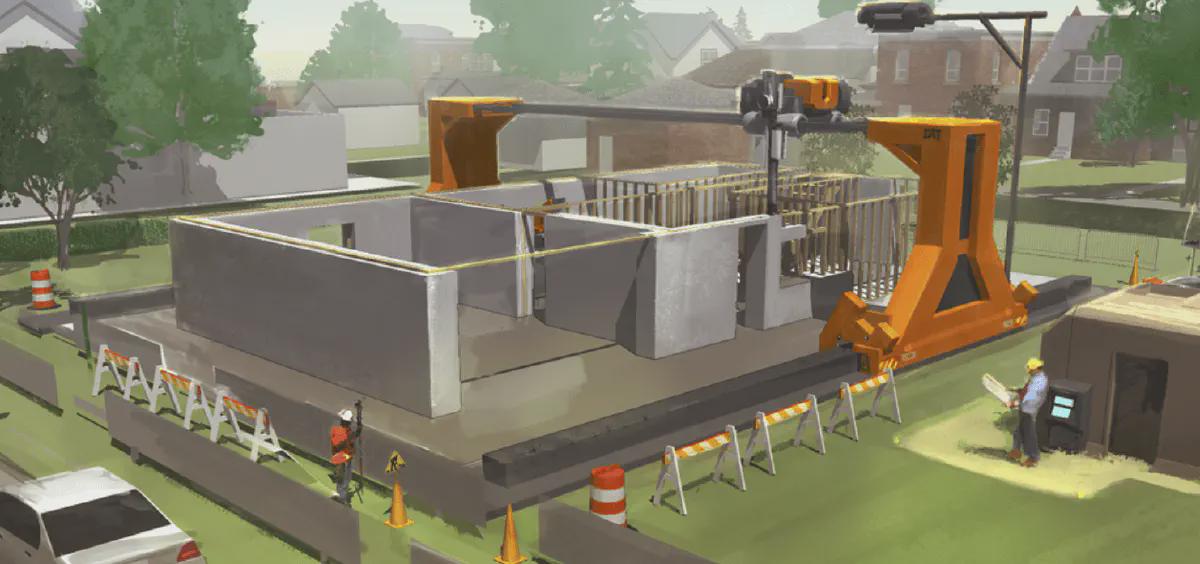
Author: Alfred den Besten
These days, companies across almost every industry are looking for ways to optimize their operations – to do more with less, to do things more intelligently, and continuously improve their processes.
Take a very traditional vertical like construction – which, after all, has been around since the dawn of civilization, as mankind has always needed shelter against the elements. Even in the age-old construction industry, I found some very surprising and innovative examples of optimization in action.
Brikawood
Would you like to build your own house with Lego-like bricks? You can do this with Brikawood. This company produces interlocking bricks that snap together without nails. Then the hollow bricks (walls) are filled with wood chips for insulation to help with energy consumption. One can assemble a house in just two days, and it’s designed to last at least 50 years.
WaterNest
What about having an eco-friendly house floating on the water? You can, with the so called “ WaterNest ”, which is powered with solar energy. Designers were inspired by floating nests built by waterbirds, and wanted to make house owners feel empowered by becoming more in touch with nature. This floating house is fully configurable by its owners, and can be positioned along river courses, lakes, bays, atolls and sea areas with calm waters. It’s also a 98% recyclable home, using specific materials and sustainable production systems. Furthermore, a sophisticated system of internal natural micro-ventilation and air conditioning makes the house a low-consumption residential habitat.
Printed homes
So you can construct a Brikawood house in a matter of two days made of wood or you can build a floating, energy-saving home, but what about printing your own house in 24 hours – and only having to pay around US$10,000? Yes, it’s possible nowadays to print a house. Imagine designing your own house on your computer and being able to 3D print this the next day! How do they do that? These houses are built with a mobile 3D printer, used on location. Is this sustainable? The house can last at least 175 years, according to the production company, and can withstand tough weather conditions. The main structure is printed in concrete and windows are added later. But this technology is still developing: in the near future, the windows might also be 3D printed and the kitchen as well!
If you would like to see ICRON in action, please contact us. If you have enjoyed this blog, you can find more content that you might enjoy here.




